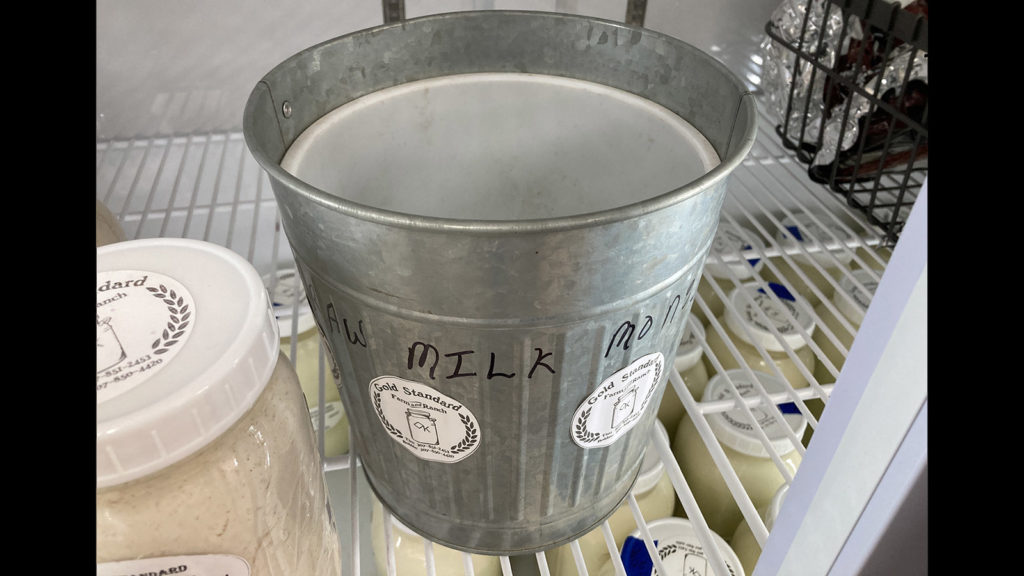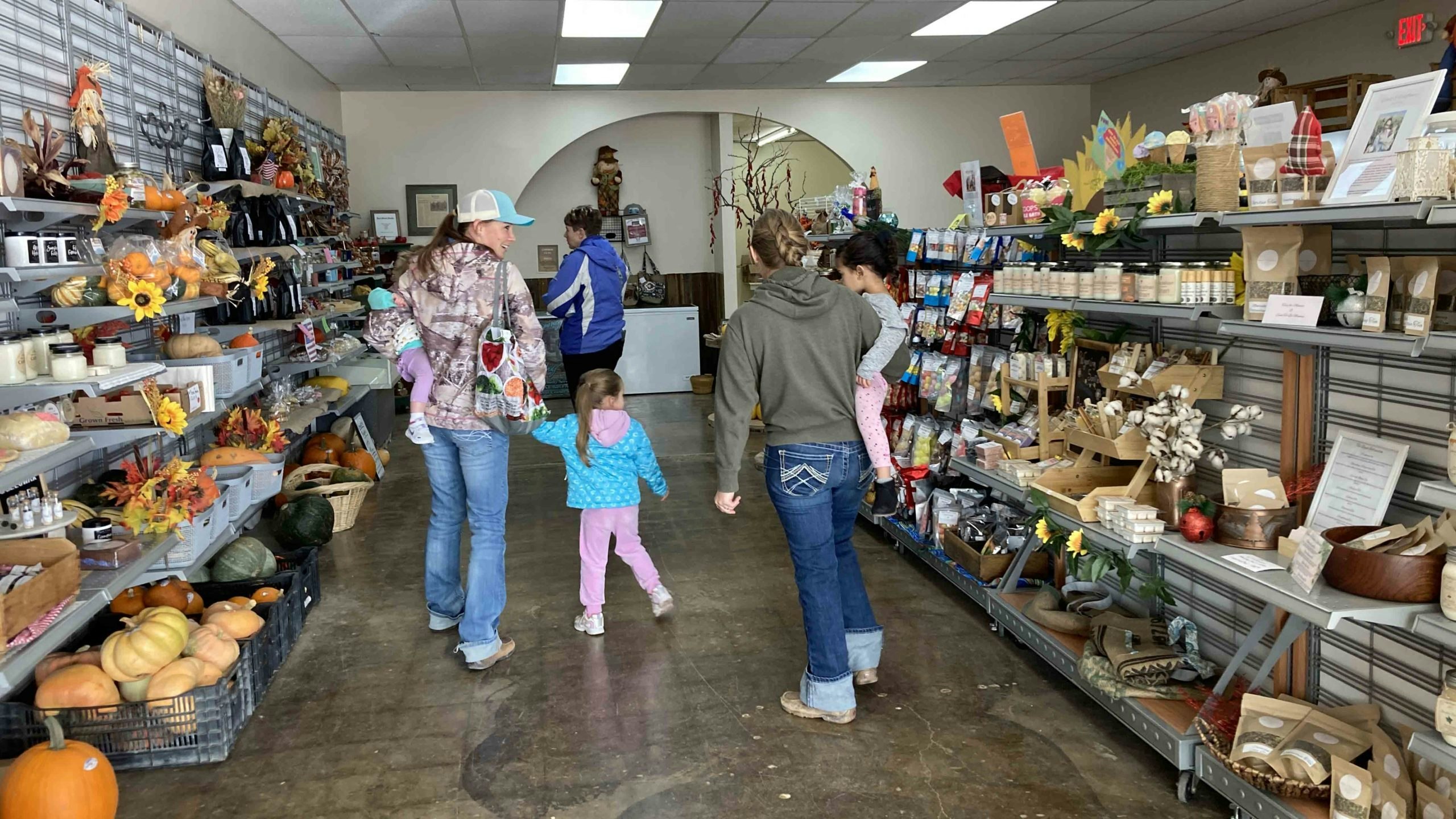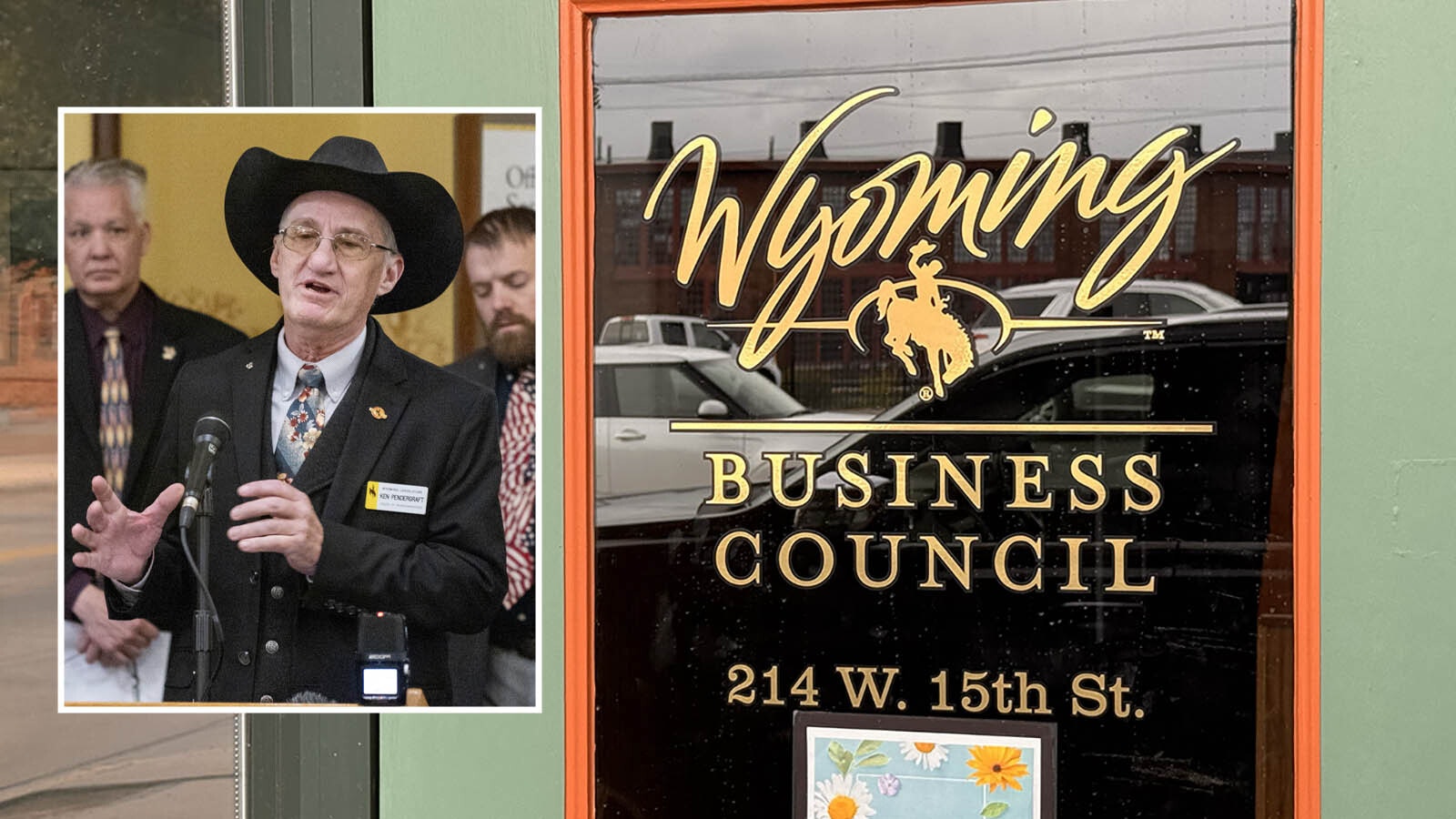A Wyoming lawmaking committee has voted unanimously to let local dairy farmers sell their milk in stores.
Senate File 102 would add dairy to the list of products that local producers can sell using a middle man, or designated agent.
Rep. Tom Walters, R-Casper, altered the bill slightly on Tuesday to let milk farmers sell their wares in farmers market-style shops as well.
The House Agriculture, State and Public Lands and Water Resources Committee passed the bill unanimously 9-0.

Closing A Loophole
Bill sponsor Sen. Tim Salazar, R-Riverton, described SF 102 as “rather popular” and uncontroversial.
In Salazar’s town of Riverton, a thriving farmers market shop sells raw milk for dairy farmers who live about 20 miles outside of town. It’s a violation of current Wyoming law, which states that the milk’s producer, or farmer, must be the person who sells it directly to the customer.
Salazar brought Tyler Lindholm, a former state representative from Sundance, to the committee meeting to explain the history of Wyoming’s Food Freedom Act, which Lindholm touted as the most permissive local-foods statute in the nation.
Lindholm was an early proponent of the 2015 Food Freedom Act, but there have been multiple changes to it since.
He said he hopes to see dairy farmers allowed to use middle-man sellers, because people have a right to sell their own products and consumers have a right to buy local foods.
“When you hear the term ‘food desert,’ what you’re really hearing is pretty much every one of our rural communities,” said Lindholm.
If some circumstance prevented shipping trucks from reaching small towns like Sundance, he said, “we’d be in a rough spot.”
However, Lindholm continued, the Food Freedom Act has enabled more small-time foods producers to sell goods – sometimes even year-round – to keep the supply going.
“Basically, government just (needs to get) out of people’s way,” said Lindholm.
Food Poisoning
Committee Chairman John Eklund, R-Cheyenne, asked how the state handles foodborne illnesses in farmers market products.
A representative of the state Department of Agriculture said there have been some complaints of foodborne illness, but none actually detected. The bill allows the department to investigate possible outbreaks, he added.
Lindholm said that many consumers feel safer with local sellers than with big-box grocers.
The larger companies, he said, “can afford to take that hit if they get a group of people sick.”
The bill’s next stop is the floor of the state House. It must survive three House votes, an amendment approval from the state Senate and the governor’s desk to become law.





